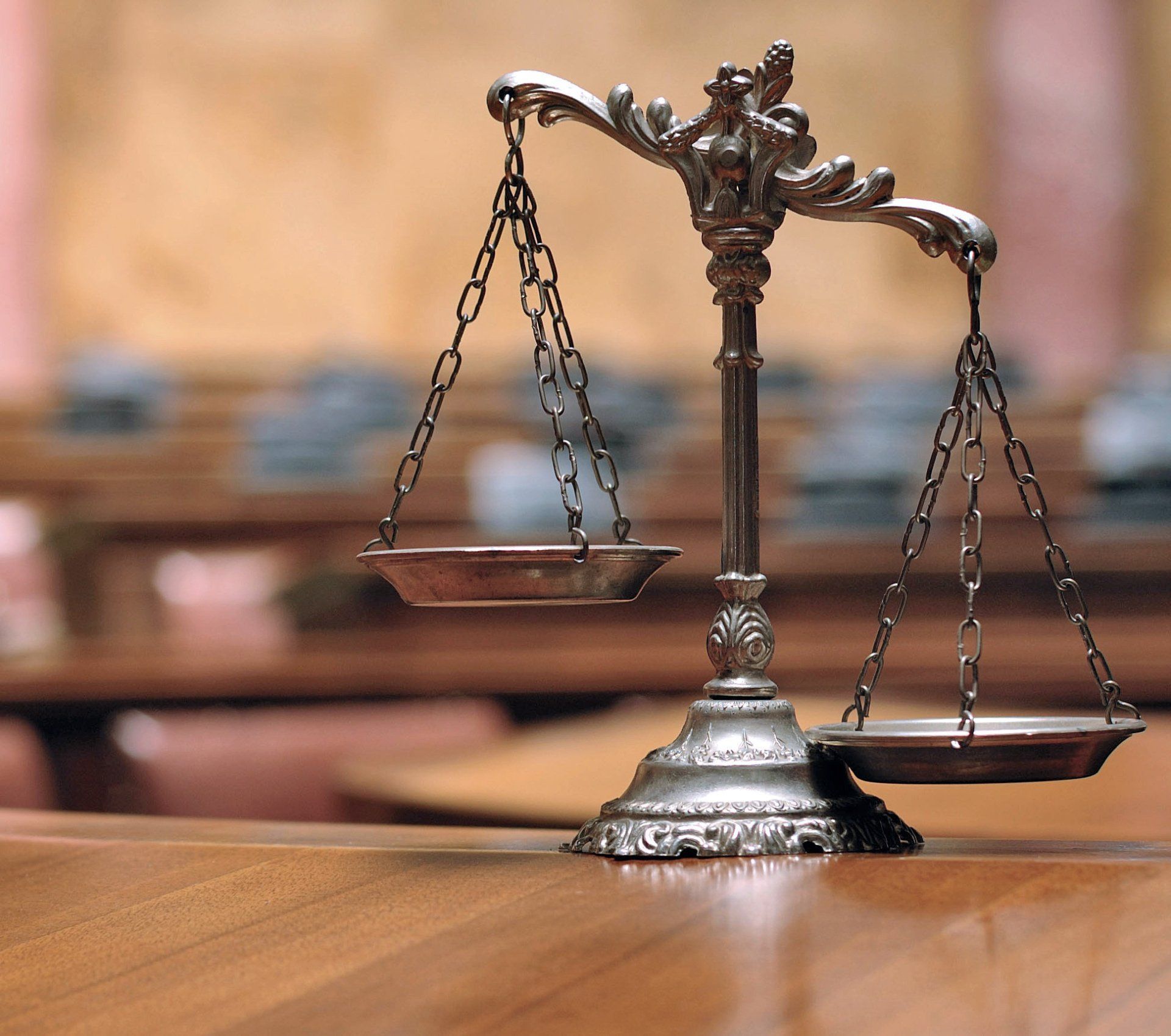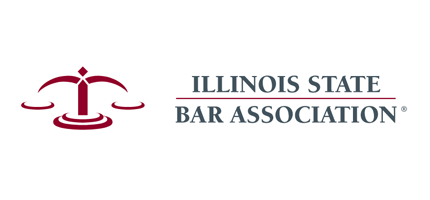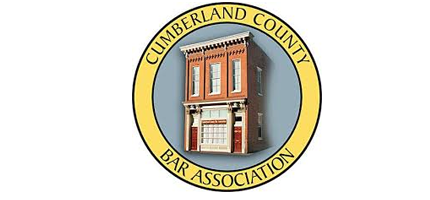Stopping a Wage Garnishment with Bankruptcy
December 2, 2021
December 2, 2021
Filing for Bankruptcy under Chapter 13 Bankruptcy because the up-front costs of Chapter 7 Bankruptcy are too expensive is a bad idea, but sometimes it's the only feasible solution.

Upon filing a bankruptcy petition creditors are prevented from engaging in any collection activity, which includes the garnishment of wages. A common problem with this solution is that bankruptcy attorneys often require between $750 to $1500 plus a filing fee of $338 to be paid prior to filing a chapter 7 bankruptcy petition. Attorneys require their Chapter 7 Bankruptcy fees up-front because, like the creditor garnishing the client's wages, they have no right to collect a debt post-petition. Attorneys can, and usually do, accept less than the full Chapter 13 Bankruptcy fee prior to filing, sometimes an amount as paltry as five-hundred dollars; but this will cost the client much more in the long-run than if they had filed under Chapter 7 of the Bankruptcy Code.
The difference between Chapter 7 and Chapter 13 of the Bankruptcy Code
Chapter 7 bankruptcy is a brief process lasting only a few months. Shortly after filing, the petitioner will meet with a bankruptcy trustee assigned to their case, and the trustee will ask the petitioner several questions that will be review if the petitioner's attorney did a good job preparing their client. After the meeting the Petitioner need only wait for a deadline to pass and thereafter will receive their discharge. Most chapter 7 bankruptcies are "no asset" cases, meaning the petitioner is not required to surrender any property for the benefit of their unsecured creditors. Attorneys are typically not allowed to collect any portion of their fee after the case is filed.
Chapter 13 is a three to five year debt consolidation plan where creditors may be forced to accept less than what is owed depending on the circumstances of the case. An attorney may collect their fees during the chapter 13 repayment plan ahead of unsecured creditors, therefore they need not collect their entire fee prior to filing. Although the up-front cost of filing bankruptcy under Chapter 13 is significantly less, the total cost over the three to five year repayment plan will be significantly more.
When producing the fee for Chapter 7 Bankruptcy is impossible . . .
Borrowing from a friend or family member that is willing to help you pay for the services of a bankruptcy attorney is fine, borrowing from a bank or lending company for those same purposes is a fraud. When a person's wages are garnished and they have no friends or family to help them out, how do they obtain relief?
While a Chapter 13 Bankruptcy Plan is a burden on a petitioner's budget it will likely not be as burdensome as a wage garnishment. For example, instead of having $100 of income garnished every week, a petitioner may pay $100 a month in the Bankruptcy Plan, depending on the circumstances of the case.
Although chapter 7 Bankruptcy provides a better outcome for bankruptcy petitioners, Chapter 13 Bankruptcy provides some relief and the up-front expenses might be less than half of what they would be for a Chapter 7 Bankruptcy. Furthermore, petitioners may transfer from a Chapter 13 bankruptcy to a Chapter 7 bankruptcy by having their attorney motion the court, however the attorney is likely to charge for this service, and the total cost will probably be more than if the petitioner had just filed for Chapter 7 Bankruptcy relief from the beginning.
Free Consultation
Bankruptcy is a driven practice for an experienced debt relief attorney, like those at Smith Law, Ltd. Because there are so many nuances in the application of bankruptcy law, it is inadvisable that an individual not experienced or knowledgeable about Title 11 of the U.S. Code, and how the courts have interpreted those laws, to file bankruptcy without the assistance of counsel.
If you would like to speak to experienced debt relief attorneys please contact Smith Law, Ltd.
We are a debt relief agency. We help people file for bankruptcy relief.
The difference between Chapter 7 and Chapter 13 of the Bankruptcy Code
Chapter 7 bankruptcy is a brief process lasting only a few months. Shortly after filing, the petitioner will meet with a bankruptcy trustee assigned to their case, and the trustee will ask the petitioner several questions that will be review if the petitioner's attorney did a good job preparing their client. After the meeting the Petitioner need only wait for a deadline to pass and thereafter will receive their discharge. Most chapter 7 bankruptcies are "no asset" cases, meaning the petitioner is not required to surrender any property for the benefit of their unsecured creditors. Attorneys are typically not allowed to collect any portion of their fee after the case is filed.
Chapter 13 is a three to five year debt consolidation plan where creditors may be forced to accept less than what is owed depending on the circumstances of the case. An attorney may collect their fees during the chapter 13 repayment plan ahead of unsecured creditors, therefore they need not collect their entire fee prior to filing. Although the up-front cost of filing bankruptcy under Chapter 13 is significantly less, the total cost over the three to five year repayment plan will be significantly more.
When producing the fee for Chapter 7 Bankruptcy is impossible . . .
Borrowing from a friend or family member that is willing to help you pay for the services of a bankruptcy attorney is fine, borrowing from a bank or lending company for those same purposes is a fraud. When a person's wages are garnished and they have no friends or family to help them out, how do they obtain relief?
While a Chapter 13 Bankruptcy Plan is a burden on a petitioner's budget it will likely not be as burdensome as a wage garnishment. For example, instead of having $100 of income garnished every week, a petitioner may pay $100 a month in the Bankruptcy Plan, depending on the circumstances of the case.
Although chapter 7 Bankruptcy provides a better outcome for bankruptcy petitioners, Chapter 13 Bankruptcy provides some relief and the up-front expenses might be less than half of what they would be for a Chapter 7 Bankruptcy. Furthermore, petitioners may transfer from a Chapter 13 bankruptcy to a Chapter 7 bankruptcy by having their attorney motion the court, however the attorney is likely to charge for this service, and the total cost will probably be more than if the petitioner had just filed for Chapter 7 Bankruptcy relief from the beginning.
Free Consultation
Bankruptcy is a driven practice for an experienced debt relief attorney, like those at Smith Law, Ltd. Because there are so many nuances in the application of bankruptcy law, it is inadvisable that an individual not experienced or knowledgeable about Title 11 of the U.S. Code, and how the courts have interpreted those laws, to file bankruptcy without the assistance of counsel.
If you would like to speak to experienced debt relief attorneys please contact Smith Law, Ltd.
We are a debt relief agency. We help people file for bankruptcy relief.


Navigating Financial Crossroads: Retaining Your Home with a Home Equity Line of Credit or Bankruptcy
February 21, 2024
If the purpose of a HELOC is to mitigate, rather than solve an unsustainable household budget, then bankruptcy may provide a better outcome.





